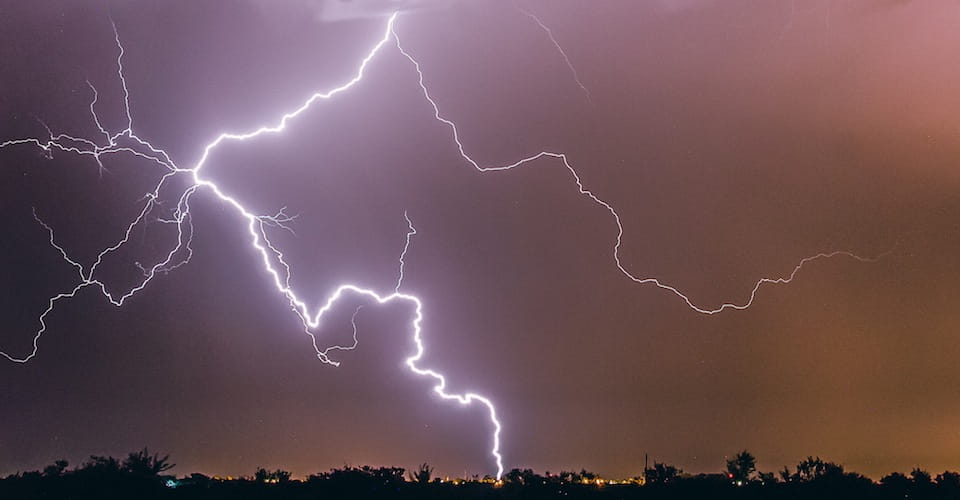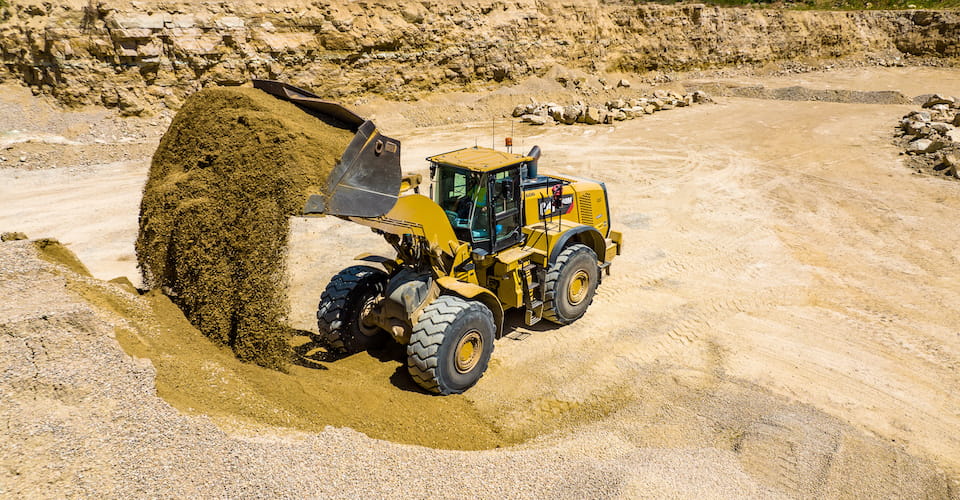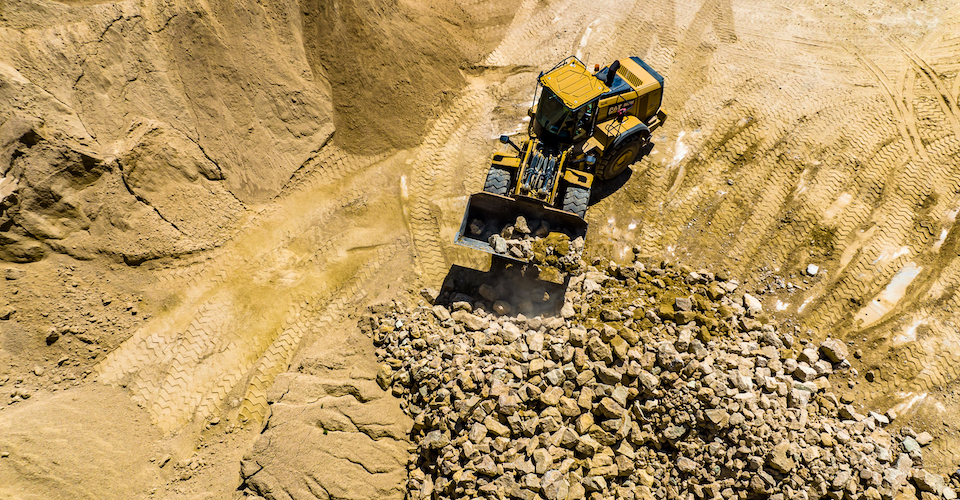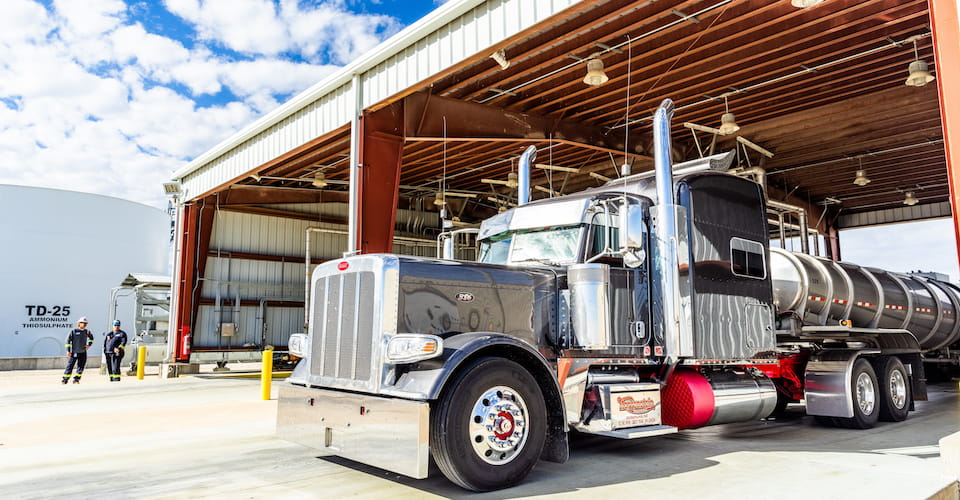
Severe weather events like thunderstorms, tornadoes and ice storms can wreak havoc on the power grid, leaving people without electricity for anywhere from a few hours to multiple days. In times of potential weather-related power outages, those who prepare for the worst turn to their backup generators to keep their homes functioning when the electrical grid goes out.
If you’re in the market for a new generator, here are a few things to consider.
Benefits of using propane for backup power
- Propane does not spoil. Liquid propane, when stored properly, has an infinite shelf life. This makes propane the ideal fuel source for those who may need backup power but don’t want to stock up on gasoline or diesel every season.
- Operates in cold weather. The natural temperature of propane in its condensed liquid form is minus 44 degrees Fahrenheit. Even in the coldest weather, propane will not thicken or gel like diesel fuel.
- Burns cleaner. Propane burns cleaner, meaning less carbon deposits in the engine. Propane also produces less emissions, including carbon monoxide, than other fuels.
Standby versus portable
Homeowners looking for backup power have two options: portable and standby generators.
Portable generators are smaller, less powerful and less expensive than standby models. A portable generator can be pulled out of storage during an emergency and provides backup electricity for a shorter period of time. The biggest difference is you’ll need to start a portable generator yourself via recoil or a battery-powered ignition.
What to look for in a portable propane generator:
- Portability. Some portable generators don’t include the wheels, reducing the actual “portability” of the system.
- Sufficient outlets. A portable generator should include enough outlets to power the devices you need to run.
- Smart features. Look for features like integrated fuel tank holders and automatic shutoff when engine oil pressure is low.
Residential standby generators are larger, more powerful and permanently installed outside your home. Because these connect to your home’s natural gas or propane lines and electrical systems, they offer extended or unlimited run time. When power goes out, the automatic transfer switch activates the unit and disconnects it when the power comes back on.
What to look for in a standby propane generator:
- Noise reduction. Generators can be loud. Look for a model that emphasizes noise reduction.
- Designed for the elements. Standby generators need a rugged design to withstand the elements and work in the toughest conditions.
- Smart features. Like portable generators, you’ll want features that protect your investment from low engine oil and overheating.
The Propane Education and Research Council (PERC) is currently offering financial incentives to participants who purchase and use propane-fueled generators. Learn more about the incentive.
Visit the PERC website to learn more about propane generators.












